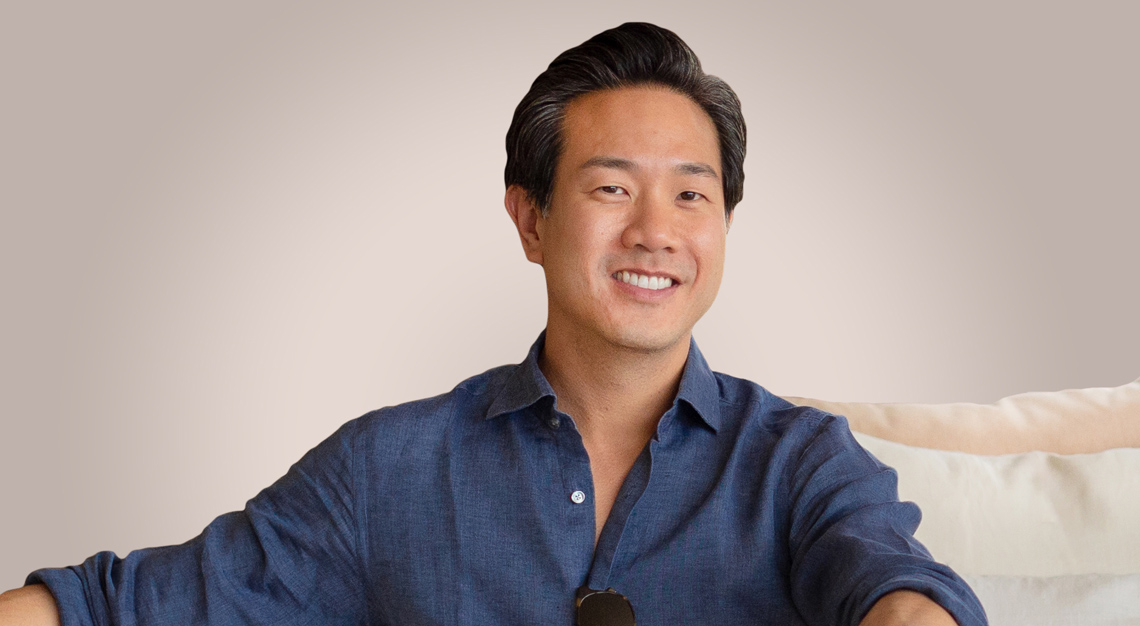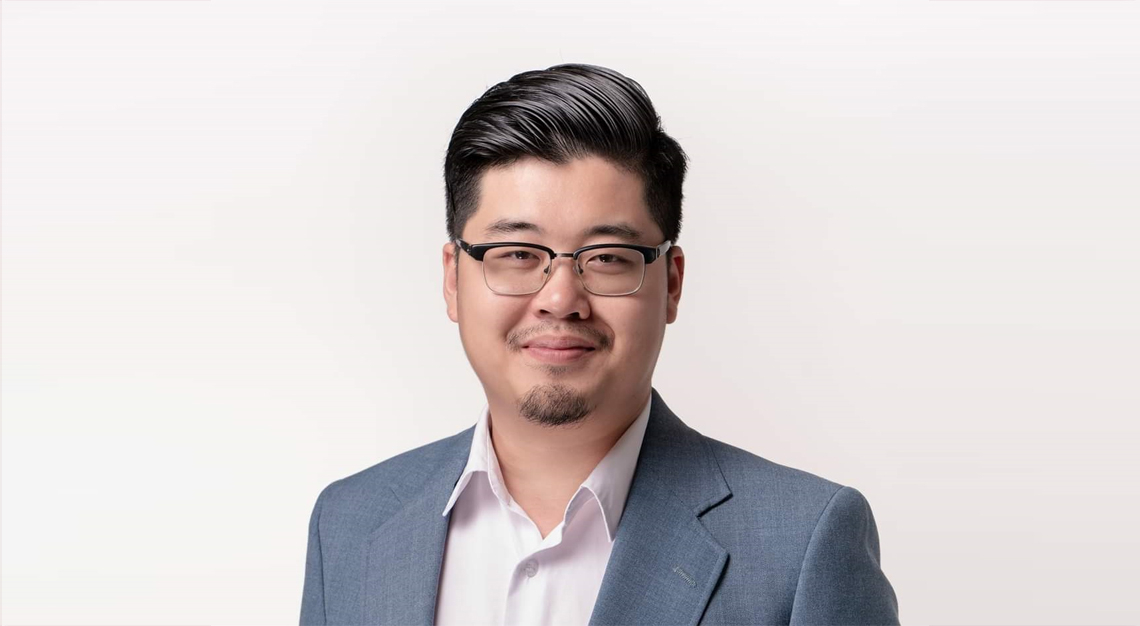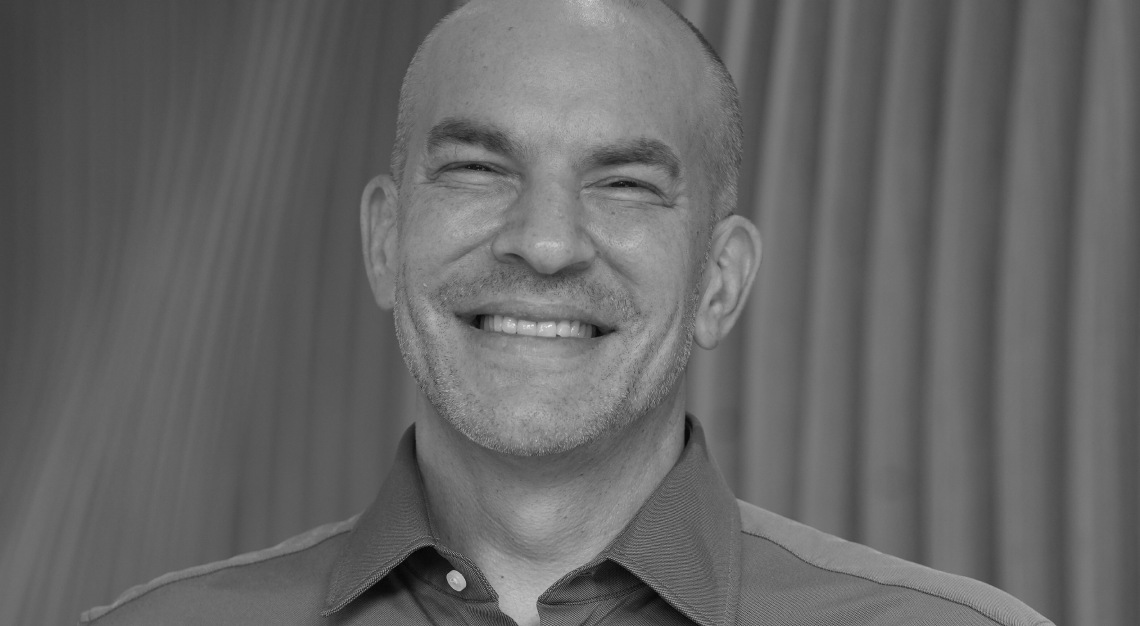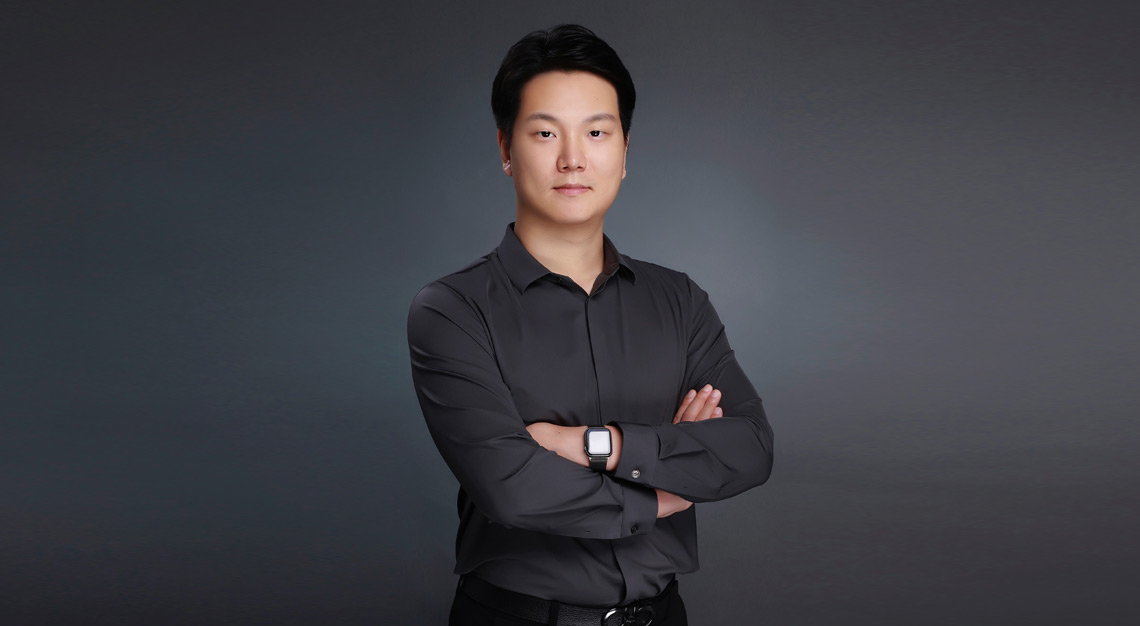Cheng shoulders the responsibility in accelerating Singapore’s journey to becoming an international arbitration hub
Tai-Heng Cheng describes the lawyer-statesman as a performer of multiple roles: lawyer, judge, professor, policymaker and legislator. Armed with an inimitable level of insight gained from authoring three books and 40 articles on international law, Cheng is doing just that as he returns home to Singapore from the US to accelerate the city’s journey to becoming an international arbitration hub.

As the global co-head of Sidley Austin’s international arbitration and trade practice and co-managing partner of the firm’s office in Singapore, Cheng is a force to be reckoned with. His notable accomplishments include winning a US$700 million case against Petrobras, the Brazilian state-owned oil company, and getting a US Federal Court to dismiss a US$240 million lawsuit against Rizal Commercial Banking Corporation in the Philippines for its alleged role in an international cyber-hacking and money laundering case.
But even with all these achievements under his belt, Cheng admits that that he is still ‘becoming’ – drawing from a quote by Michelle Obama in her autobiography.
“A motto that I live by goes like this: “To whom much is given, much is expected”. John F Kennedy said this, but of course he paraphrased Luke 12:48 from the Bible.
As a minority immigrant in the US, I am proud that I have achieved a measure of success that enables me to help others. The Cheng-Harrell Graduate Interns programme which I established has been designed to offer interns a living wage. As a result, talented curators who do not come from wealthy backgrounds have have an equal opportunity to hone their skills at a leading institution.
I wouldn’t be able to live without my mobile phones. They keep me connected with my teams and clients spanning America, Europe and Asia.
If I could time-travel to any point in history, I would spend time with Margaret Thatcher at the height of the Cold War. The daughter of a grocer became prime minister of Great Britain at a time when government was dominated by men from privileged backgrounds. I would love to observe how she overcame moments of anxiety and doubt, steered her people and inspire confidence among those who resented her.
I am deeply worried that the current framing of the competition between the US and China as an existential battle is provoking unwarranted prejudice against the entire Asian diaspora and against Americans. We have much in common in culture, aspirations and interests. This is an important part of the conversation that must not be lost. People like me, who understand both Asia and America, have a responsibility to serve as a bridge even as the currents between the two superpowers get choppier.
Five years ago, I travelled to Kurdistan and stayed with the Peshmerga in the Dohuk mountains. One day, between exploring caves, I meditated on a remote cliff for a few minutes. When I opened my eyes, I saw a young Kurdish boy who had sat beside me. He didn’t disturb me, even though he was clearly curious about this man who looked like no one he knew. The experience I had with the little boy was authentic and grounding, and continues to inspire me. No matter how difficult circumstances are, I try to remember him as someone who rose above all the hardship in Kurdistan to connect with a complete stranger in the sincerest way.
My latest book, Investor State Arbitration in a Changing World Order, looks at criticisms against private tribunals deciding whether public policies of countries violate treaty obligations, and potentially awarding damages that can exceed the national budget. The book proposes that we need a broader solution that distributes the benefits of international trade and investment more evenly within countries.
A goal I’m working towards is leaving the world a better place than I found it, for generations to come.”





